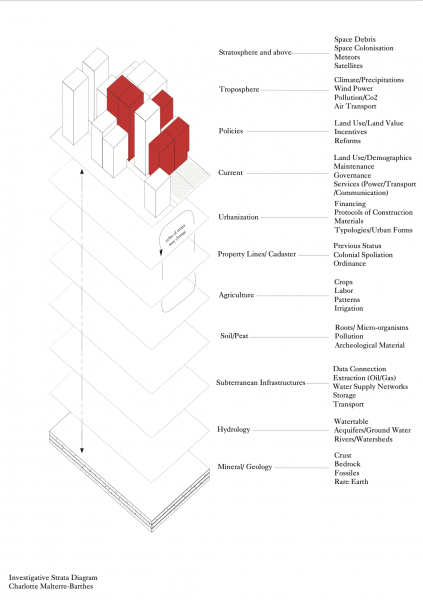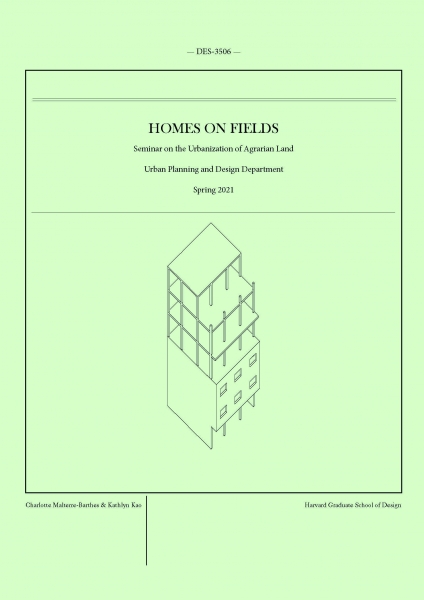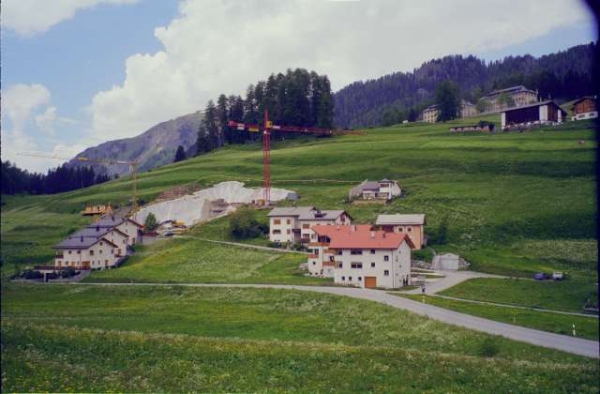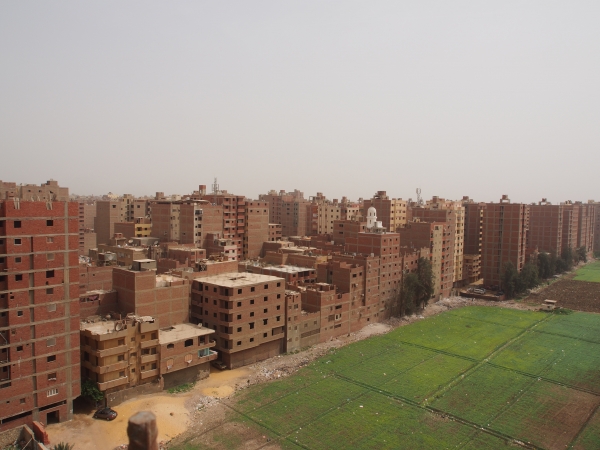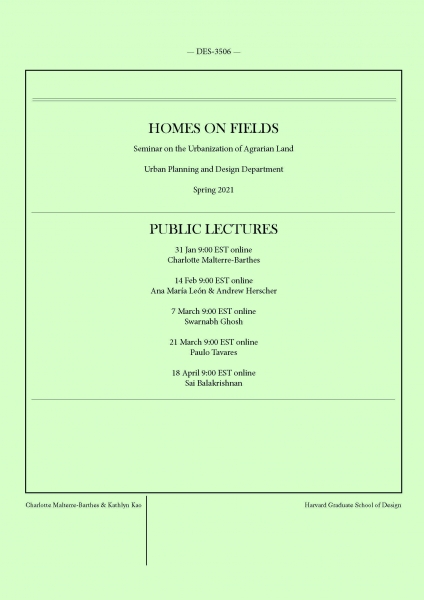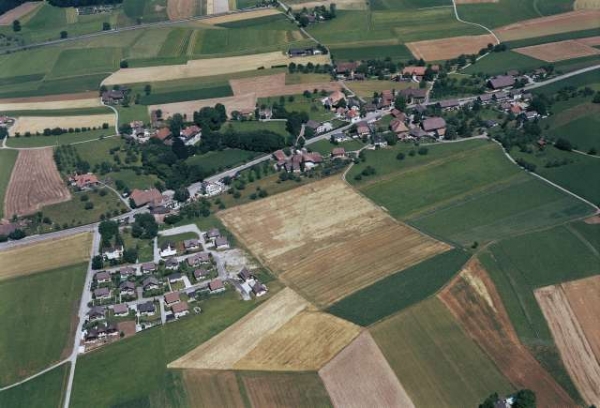Research & Teaching
Homes on Fields
«How can one understand the towns without understanding the countryside, money without barter, the varieties of poverty without the varieties of luxury, the white bread of the rich without the black bread of the poor?» Fernand Braudel, Civilization and Capitalism- 15th-18th Century, vol. III: The Limits of the Possible (London: Book Club Associates, 1981), 29.
“How might we privilege the social uses of property and resist the real estate developers and mortgage lenders that prey on vulnerable communities in their drive to accumulate as much capital as the law encourages and permits them to do?” Brenna Bhandar, Colonial Lives of Property: Law, Land, and Racial Regimes of Ownership (Durham: Duke University Press, 2018), 183.
A paradoxical question is raised by affordable forms of residential urbanization:
On the one hand, cheap housing settlements across the world devours thousands of hectares of arable fields at the periphery of growing cities. On the other hand, housing is a human need (and right). This research seminar investigates the spatial characteristics of housing development on agrarian land, and the mode of production at work in the transformation of fertile, cultivated plots into urbanized settlements. As we face the climate emergency, is it sustainable to keep on chipping at our foodsheds, and what are the alternatives? How dramatic is this phenomenon in reality and what are the political economies behind such modes of development? From tenure laws and land reforms to agriculture policies and development strategies, from so-called informal areas to massive real-estate developments, “Homes on Fields” is a research seminar investigating the urbanization of agrarian land globally. Set on researching
1) contemporary residential forms of the built environment constructed over agrarian land anywhere (i.e. self-initiated and affordable housing, speculative schemes),
2) the social, economic, or political forces that have facilitated, allowed or affected these modes of development—at times historically grounded, and
3) what are their impacts on selected topics (food systems, real estate, infrastructures, construction materials markets, communities, electoral results, etc.), the aim is to uncover, understand and communicate this urban growth phenomenon.
Drawing the architecture and urban form of these urbanizations shall be deployed as a tool to understand the re-organization of territory and complex issues of regimes of land ownership, land-use policies, and property laws, to in turn inform how the accumulation and transfer of land as capital is materialized in the competition for land between housing and cultivation. Via readings and guest lectures, we shall dwell on these perspectives and adopt them as ‘useful knowledge’ for our own investigation (Speakers: Ana María León& Andrew Herscher, Swarnabh Ghosh, Paulo Tavares, Sai Balakrishnan).
In this seminar, we shall seek to articulate a mixed methodology of research in which drawing emerges as a valid research method, in parallel to classical forms of investigation (primary and secondary literature, media, archive, field-work, etc.) to enhance our capacity to critically reflect on spatial conditions while using representation tools available to designers and planners to do so.
More here...
Seminar/Workshop, 4 Credits, Harvard GSD
Spring 2022, Asst. Prof. Charlotte Malterre-Barthes.
TA: Kathlyn Kao
- More Critical Thinking Seminars
- Mapping the Political Economy of Space
- Material World
- Beyond Technofix
- Critical Space
- MUCEM
